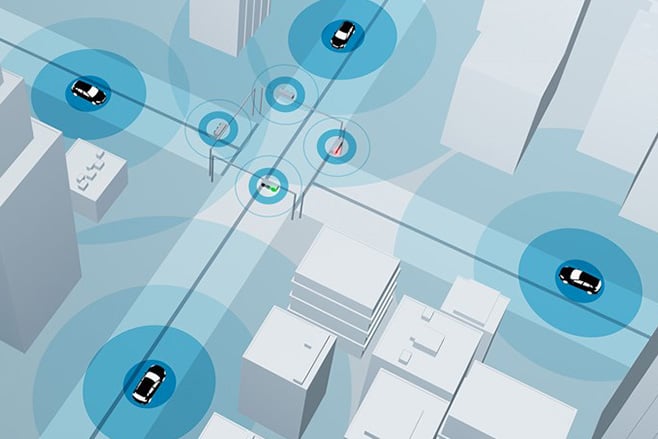How data sharing between autonomous cars and authorities will affect us in future has ignited fresh debate, with concerns raised about the implications if it isn’t handled right.
A wide range and complex set of issues – such as, privacy, safety, the practicality of driving on roads and keeping our network moving as well as cybersecurity – need to be ironed out before autonomous vehicles (AVs) become commonplace, with some concerned that current discussions are “trying to run before we can walk”.
Panellists at the recent Autonomous Vehicle Technology Conference (APAC21) in Melbourne talked about the idea that an agreement on manufacturers sharing vehicle-generated data from AVs in future with both federal and state governments was a key factor in transport reform going forward.
But Dr Shane Richardson, a forensic engineer at private crash investigation firm Delta-V Experts based in Melbourne’s west, asked why companies like his currently do not routinely get access to airbag control module data from existing non-autonomous cars in Australia.
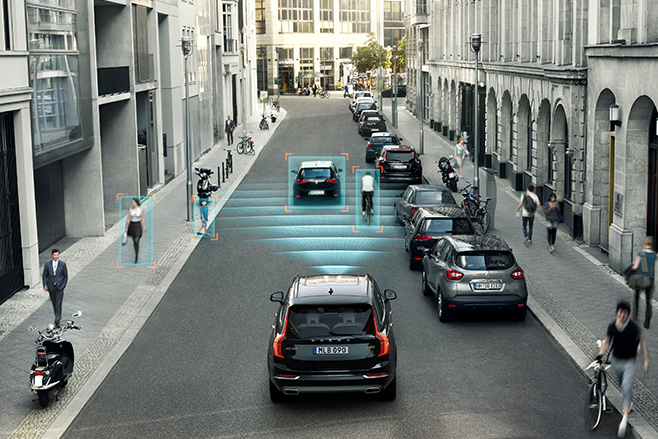
Praising the likes of Kia, Hyundai and Toyota, which do share data, he slammed the authorities for failing to make it a legal requirement (as it in the US and is about to be in Europe) – and raised concerns about similar blockages occurring involving emerging technologies in autonomous vehicles further down the track.
“If they won’t start doing it for non-AVs then they’re not going to be doing it for AVs, and if they do start with AVs then that’s like learning to run before you can walk or jog. It’s a legal requirement in the US and is about to be in Europe,” he said, speaking to Wheels.
“This is not about the benefit of my business, it’s about data being used to make safety information more accessible, it could be being used to understand how crashes happen. Sure it makes my job a little bit easier if it is more readily provided, but I can get hold of it in other ways. We are choosing to be arrogant and the reality is we crash more regular cars than AVs.”
Speaking at last week’s event, James Hurnall, Director of Policy at crash test authority ANCAP, said it’s really a question that should be addressed by the vehicle industry.
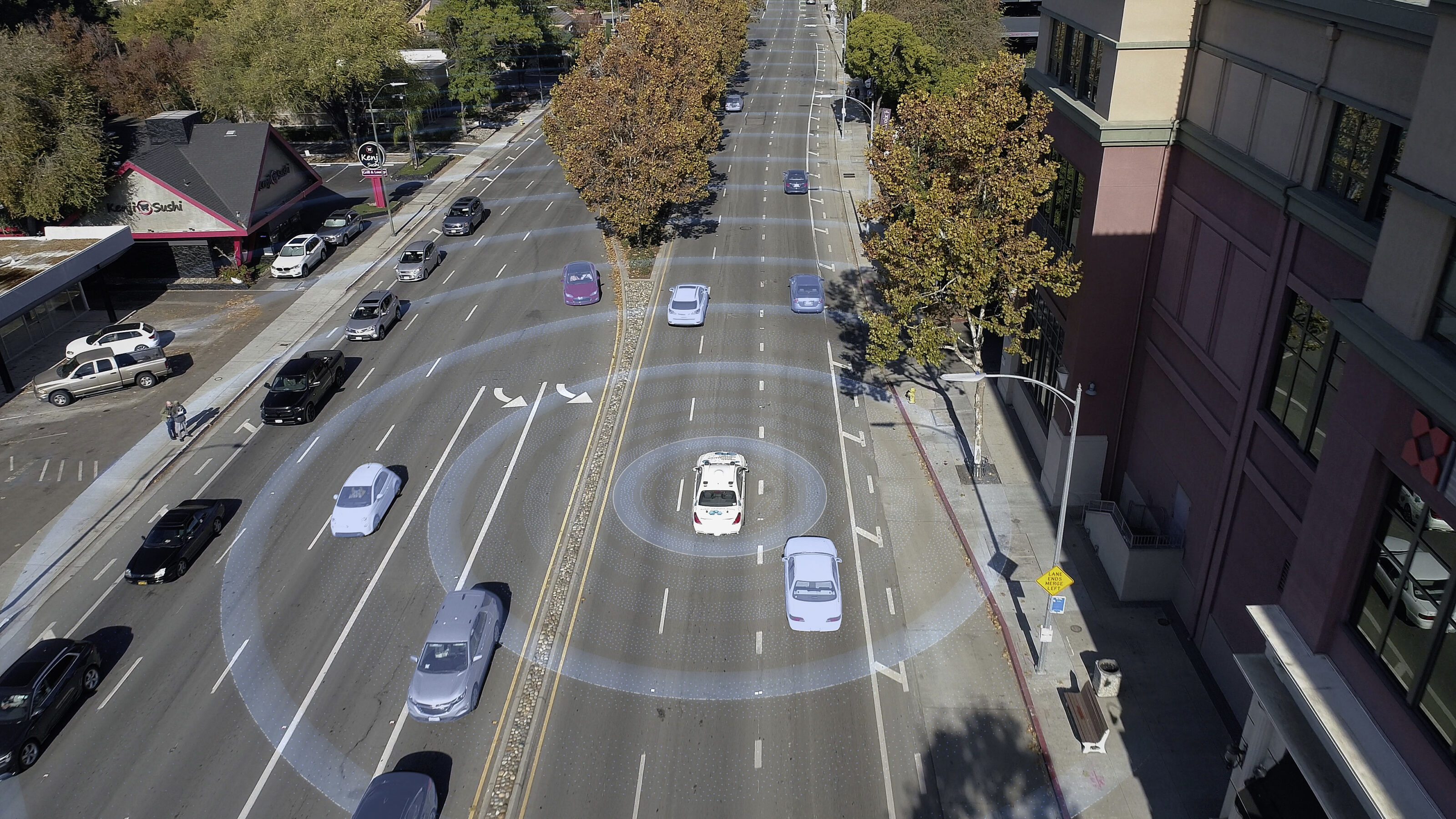
“It’s one of the issues we are looking at with the work the National Transport Commission (NTC) has been doing regarding the sort of information requirements that we would need from highly automated vehicles,” he said. “If you have a look at the work that it has done, what it has identified is a range of requirements that would be imposed upon increasingly automated vehicles.
“Now I understand your point, which is that it is not currently being required – which is not an issue that I’ve looked at personally, but when we look forward to automated vehicles there absolutely is an issue that we need to have a consistent agreement about the sort of information that we need from vehicles so that we are monitoring their performance and safety over time because the way in which they will operate over time will change because they’re operating software.”
“The NTC has taken the lead as directed by the transport ministers and is trying to work through some of the nuts and bolts of the regular proceedings – which relate to some of the questions we’ve been asked around responsibility, insurance, about access to data, about standards when they enter the market,” added Jonathan Spear, Chief Executive Officer at Infrastructure Victoria.
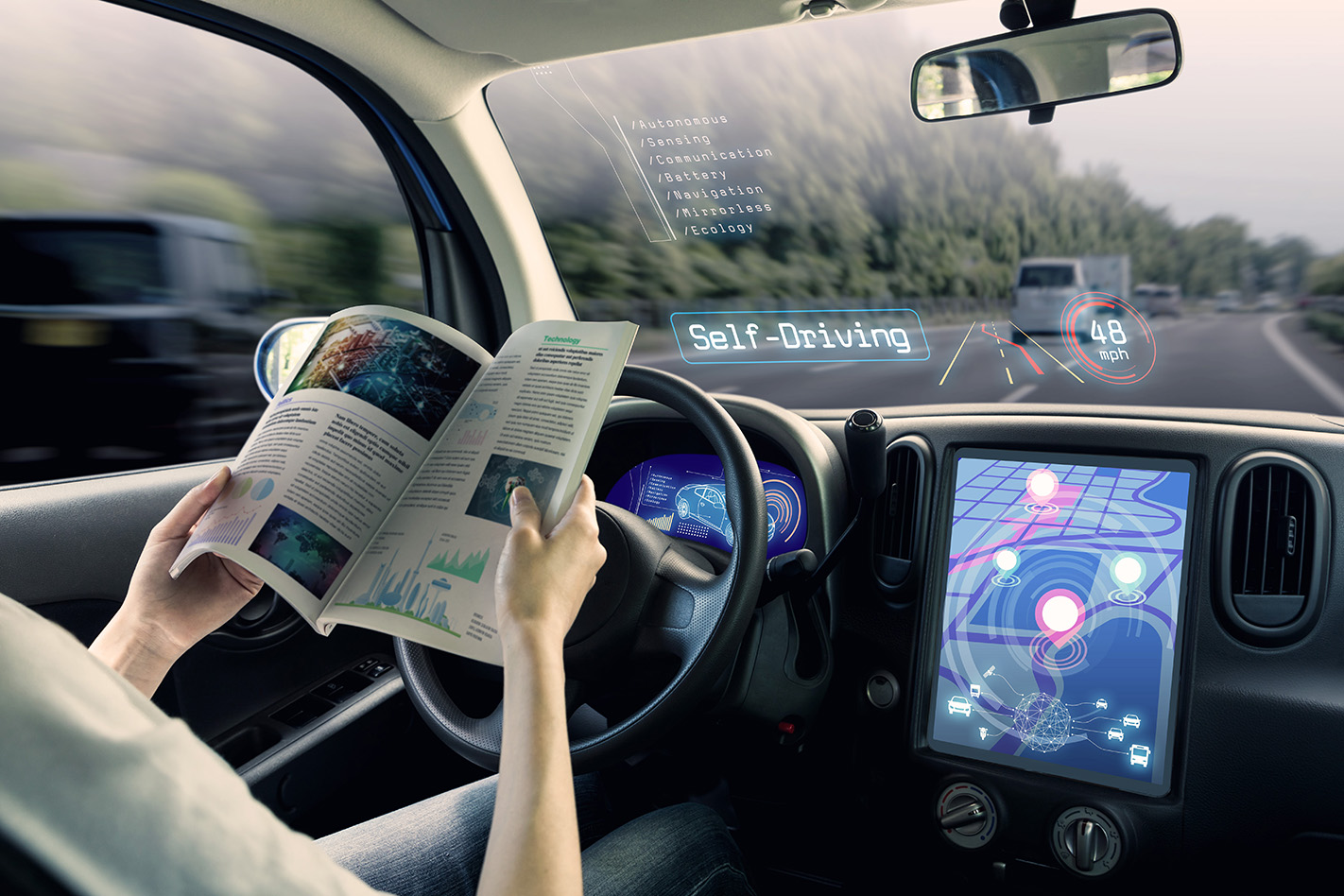
“And those are then being considered for adoption in future years. And of course part of it is at a federal level where there’s the standards around acceptance of vehicles into the country and part of it will then need to be adopted at state level to everyone’s safety regulations and so forth.”
Over the last few years, the National Transport Commission (NTC) – which is tasked with leading a range of transport reforms on behalf of jurisdictions across Australia – has been working on a complete end-to-end overhaul of regulation on this topic, which involves untangling more than 700 existing laws.
Earlier this year, transport ministers across the country made an agreement to start drafting new legislation by the end of this year, with a view of a national law being put into effect by 2026.
As part of this, a report published by the NTC on autonomous vehicle reform in 2020 noted that: ‘The vehicle industry has expressed its willingness to exchange data for road safety–related (and other) purposes.
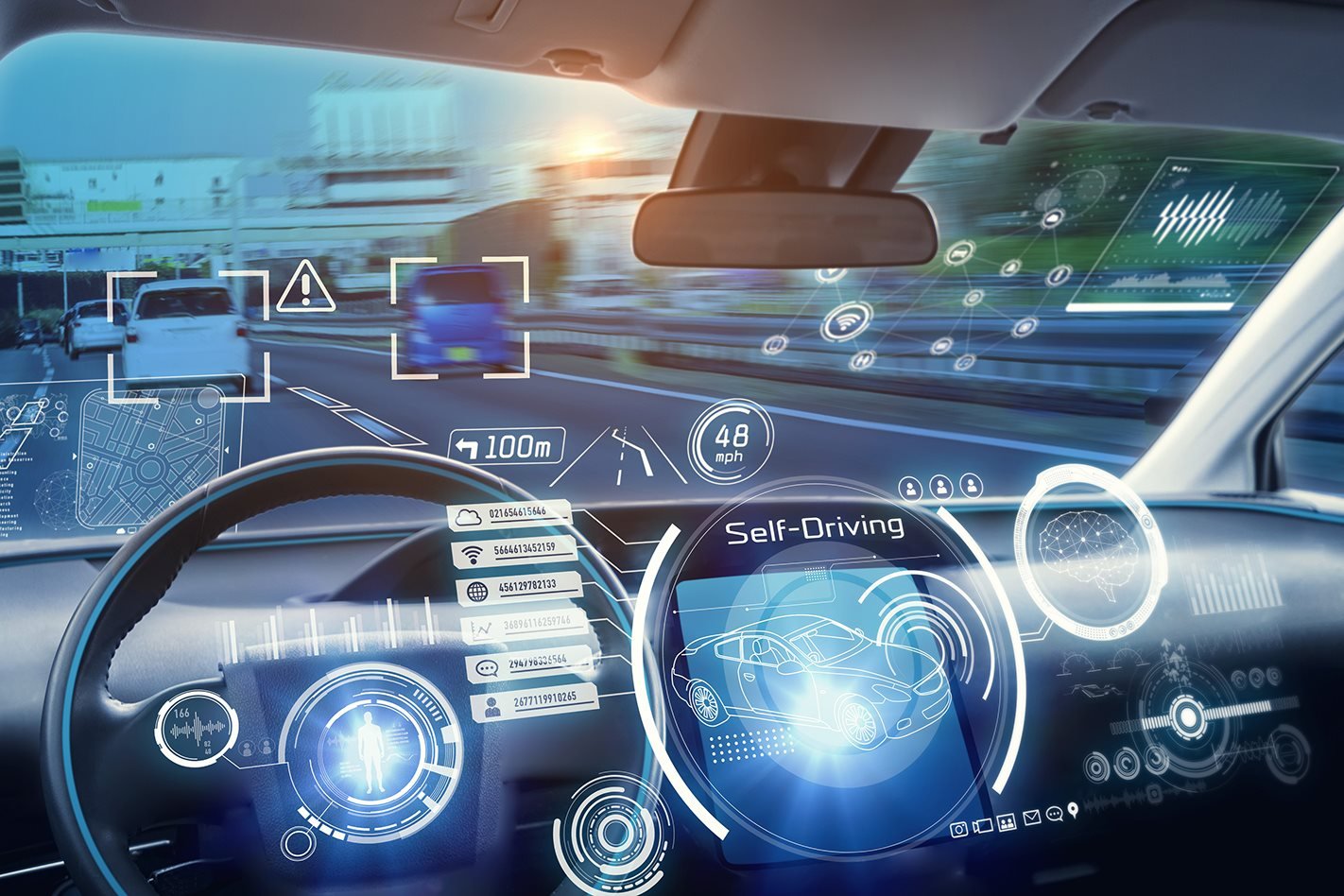
‘However, industry has raised concerns over the breadth of purposes vehicle data could be used for because transport and road agencies are both regulators and transport system operators. Industry reluctance is founded on concerns of government use impacting on them or their customers through enforcement or compliance action, inadvertent release of commercial intellectual property and impinging on customer privacy.’
As a result, a National Vehicle Data Working Group was proposed to develop a system of data sharing all parties could agree on for the purposes of network operations, investment, maintenance, planning and road safety – which could include a roadmap, as well as how it would be governed and funded.
The Federal Chamber of Automotive Industries (FCAI), as well as four manufacturers (representing the wider group of all of those who sell cars here) are members of said group, and are understood to broadly be showing a willingness to engage – but the “devil is in the detail” and future discussions will focus on what is possible (both technically and financially from a cost versus benefit perspective) and what the challenges might be.
Some of that is also sure to look at what manufacturers are happy to provide on an ‘in kind basis’ – as in for the wider public benefit – compared to what might be used by third parties commercially to make a quick buck.
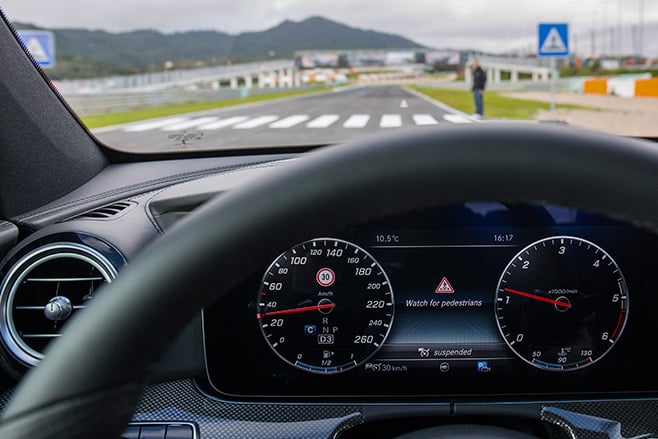
“The FCAI wants international alignment, where appropriate, and national consistency with the industry playing a part. We’d like Government engagement with industry around the future possibilities and challenges in this space – that are of course in line with the Australian Privacy Principles to protect consumer rights,” said FCAI CEO Tony Weber.
If we don’t align ourselves with what’s happening around the world, and instead choose to make our own way, we run the risk of delaying AVs coming to Australia or even manufacturers choosing not to send them here at all as our legislation doesn’t match what is needed in other markets.
At present, vehicles have what are called Event Data Recorders, which are running on a constant loop but don’t have a lot of storage and when there is a crash they only record for a short period of time. A carmaker can provide that information for crash investigation purposes, but there is no legal requirement to – though it is common for regulators and police forces to be given that information when needed or, at the most severe, to subpoena it however there are privacy implications in doing so.
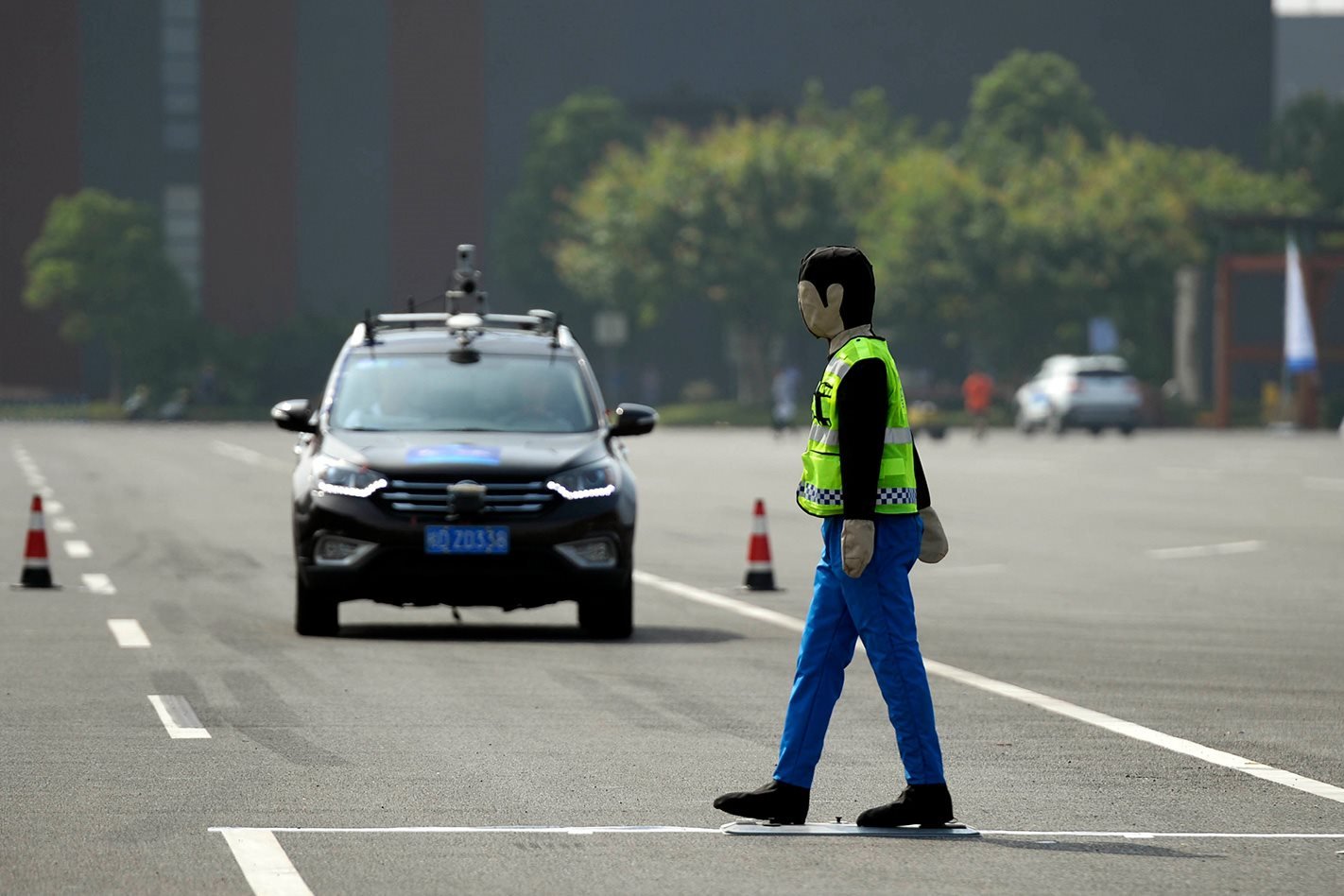
The next step beyond an EDR is what is referred to as a Data Storage System for Automated Driving (DSSAD). The United Nations legally requires any cars to have this if they are operating tech at Level 3 or above as it is needed to determine who/what was responsible in the event of an accident – the car or the human driver.
However, at the moment, DSSADs have only been developed for lane keeping systems by the UN Working Party 29 and more capabilities will be added and upgraded over time – though after Australia’s AV law comes into effect in 2026 so discussions around data sharing and what needs to be shared particularly in terms of safety, both internationally and locally, will continue to progress beyond that date, with mandated requirements for Australia expected to come via Australian Design Regulations (ADR).
For the FCAI it is it crucial, it says, that the very concept of what ‘road safety’ is gets defined appropriately so data is not shared unnecessarily. For instance, an uneven/potholed road may not constitute critical information in the same way that a warning about a pedestrian about to cross in front of a vehicle might be.
We recommend
-
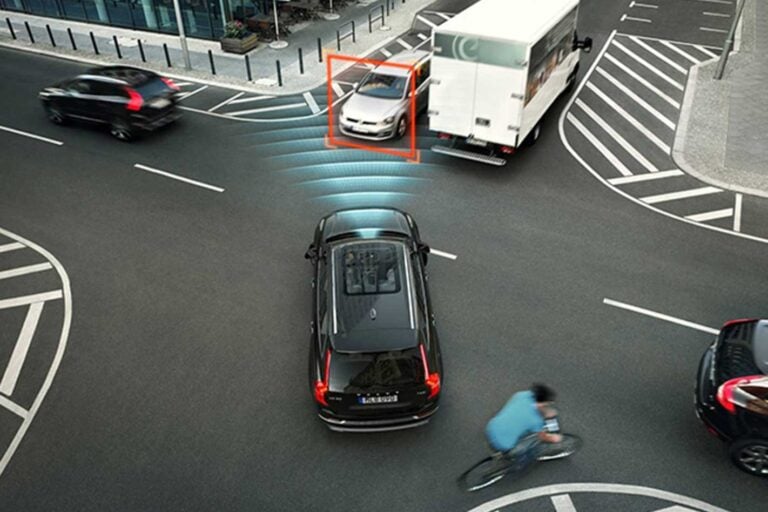 Advice
AdviceAutonomous Emergency Braking explained
Not all AEB systems are created equal so if buying a new car with the equipment it’s important to know what you’re getting and how it works
-
 News
NewsSouth Australia legalises autonomous cars
Who said Adelaide is behind the times? South Australia will be the first Australian state to allow driverless cars on the road.
-
 News
NewsEurope starts planning for autonomous cars
Carmakers will pick up your insurance bill for your self-driving car under proposed European laws that make the companies liable for any damage or injury cause.


